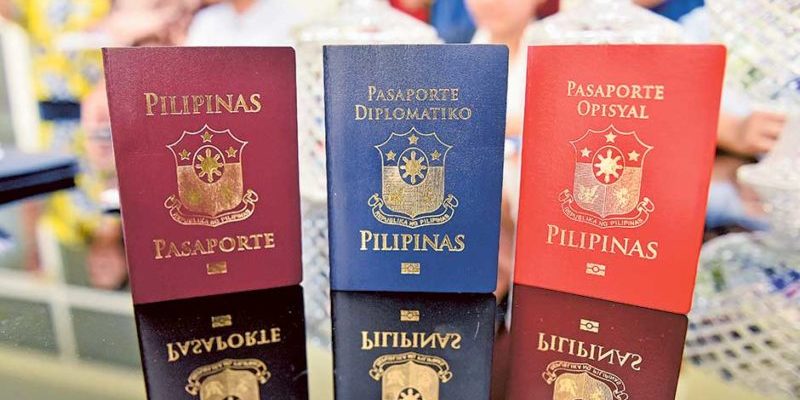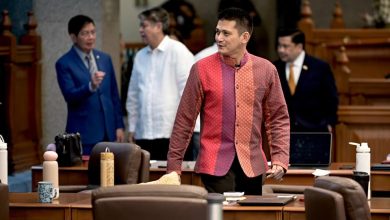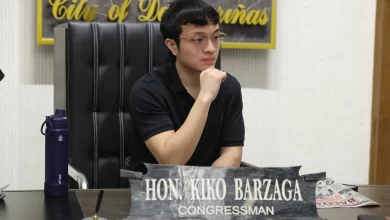Diplomatic passports have reportedly been issued to private individuals and executives of a powerful religious sect, according to Department of Foreign Affairs (DFA) insiders.
Highly-placed sources at the DFA lamented the years-long practice of issuing diplomatic passports to certain individuals, government allies, loyal friends and relatives as a political reward.
Among those who reportedly received such privilege are executives of the influential religious group Iglesia ni Cristo, said DFA officials, who spoke on condition of anonymity.
A 1993 DFA order also states that diplomatic passports can be issued to the agency’s former secretaries as well as ambassadors as a matter of courtesy, not to confer them with diplomatic immunity under the Vienna Convention, but only to accord them the usual port courtesies at immigration points abroad.
“It’s common knowledge within the DFA,” said one senior diplomat, who spoke on condition of anonymity.
When sought for comment, the DFA has declined to answer queries on how many diplomatic passports were issued to non-government officials and diplomats.
Former Foreign Secretary Albert Del Rosario’s use of a courtesy diplomatic passport for a business trip to Hong Kong, where he was barred entry, led to the agency’s decision to cancel the said travel document – a move decried by former Philippine diplomats.
They said Del Rosario did not violate any law.
Del Rosario, a staunch China critic who successfully steered the country’s arbitration case that invalidated China’s massive claims in the South China Sea in 2016, was detained for six hours and deported after being denied entry to Hong Kong, a special administrative region of China.
The DFA admitted it issued a diplomatic passport to Del Rosario, knew he would use it for a business trip to Hong Kong, and did not object to it.
Each diplomatic passport is only considered valid if endorsed by the DFA before a bearer uses it for travel.
Lauro Baja, former Philippine Permanent Representative to the United Nations and then DFA Undersecretary for Policy, called the DFA’s new directive on cancellation of diplomatic passports, which includes its former envoys, “unfortunate.”
“This issue was allowed to cover an apparent disregard of human rights of a former DFA Secretary who was kept in detention for six hours,” Baja said.
“The DFA is barking up the wrong tree. They should go after those granted diplomatic passports without any basis,” he said.
Analysts believe Hong Kong’s treatment of Del Rosario was China’s way of retaliating against him when he filed a case against Chinese President Xi Jinping before the International Criminal Court, accusing him of aggressive actions in the South China Sea and depriving Filipino fishermen of livelihood. Del Rosario was joined by former Ombudsman Conchita Carpio Morales in filing the complaint.
Morales, in a separate trip to Hong Kong, was also held and questioned by immigration authorities.
China said its action is a national and sovereign prerogative.




